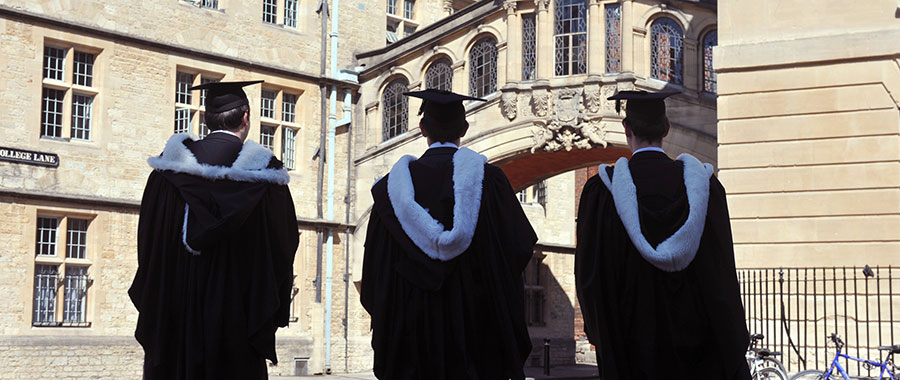In the realm of discourse surrounding spiritual matters, the notion of truth emerges as a formidable pillar of inquiry. It begs a most poignant question: What is the essence of truth, and how do we discern its presence within our lives? For Bahá’ís, the concept of the Spirit of Truth imbues their understanding of divinity and existence with profound significance. Engaging with an Oxford scholar on this topic unveils a tapestry of insights and challenges our perceptions of spiritual authenticity.
First and foremost, one must delve into the Bahá’í tradition and its veneration for the Spirit of Truth. Rooted in the teachings of Bahá’u’lláh, this concept serves as a guiding light for individuals seeking to cultivate a deeper relationship with the divine. The Spirit of Truth, often equated with divine revelation, acts as a mediator between humanity and the divine will. This spiritual essence is instrumental in illuminating the path of understanding, encouraging believers to think critically and independently in their pursuit of truth.
The Oxford scholar, with their extensive educational background and scholarly rigor, presents an opportunity for a deeper exploration of this concept. They might muse, “How does one reconcile the notion of absolute truth with the subjective interpretations that vary across cultures and epochs?” Such a question introduces a challenge, as it compels individuals to grapple with the intersections of faith, reason, and personal experience. The very fabric of truth becomes an intricate tapestry woven from both universal principles and personal narratives.
At the core of Bahá’í teachings lies the assertion that truth is not merely a static reality but a dynamic entity that evolves as humanity progresses. This understanding is evocative of the philosopher’s eternal quest for knowledge—an endeavor that demands critical engagement with varying perspectives. The scholar might assert that the Spirit of Truth encourages believers to embrace a mindset of inquiry, inviting them to challenge dogmatic beliefs while remaining anchored in their spiritual convictions.
As one navigates this intellectual terrain, it becomes crucial to consider how the Spirit of Truth operates within the framework of human society. Bahá’ís advocate for the unification of humanity, stating that a collective adherence to truth can foster global harmony. This principle challenges individuals to transcend parochial narratives that may hinder understanding and compassion among diverse groups. Herein lies another poignant inquiry: To what extent does one’s cultural background influence their understanding of truth? The scholar’s insights on this matter could stimulate a dialogue that illuminates the plurality of truth within the global landscape.
Furthermore, the discourse on the Spirit of Truth poignantly intersects with ethical considerations. How do individuals navigate the moral implications of their understanding of truth? The Bahá’í teachings posit that spiritual and moral truths are intertwined, emboldening believers to act in accordance with the higher principles of justice, equity, and love. This creates a profound sense of responsibility—truth becomes not merely an intellectual concept but a call to action, urging adherents to embody their beliefs in tangible ways.
The exploration of the Spirit of Truth also necessitates a reflection on the role of revelation in Bahá’í thought. It stands as both a guide and a challenge, as revelations are believed to unfold progressively over time. This raises a compelling question: Can revelation encompass contradictions, or must it exist in harmonious coherence? A scholar’s perspective may unravel the complexity surrounding this conundrum, acknowledging that the richness of truth often resides in its capacity to provoke critical thinking rather than yield simplistic answers.
Moreover, inquiry into the Spirit of Truth invites consideration of contemporary issues that confront believers and scholars alike. As society grapples with polarization, misinformation, and ethical dilemmas, how do Bahá’í principles inform individuals’ responses to these challenges? A thoughtful discourse may highlight the imperative of nurturing a culture of dialogue and understanding amidst discord. Bahá’í teachings advocate for the promotion of truthfulness as a fundamental virtue, underscoring the need for individuals to seek out and embody truth in their personal and communal interactions.
Ultimately, the dialogue with an Oxford scholar on the Spirit of Truth reveals a rich tapestry of philosophical and theological insights. It engages individuals in a broader contemplation of what it means to seek truth in an increasingly complex world. Truth, as framed within the Bahá’í context, evolves through the interplay of revelation and human experience, fostering a profound sense of interconnectedness among diverse peoples. As discussions unfold, one could ponder: What is one willing to sacrifice in the pursuit of truth? This introspection leads to a clarion call for honesty, integrity, and authenticity in the quest for spiritual enlightenment.
In conclusion, navigating the waters of truth—a task both daunting and essential—serves as a hallmark of the Bahá’í experience. The Spirit of Truth offers a transformative lens through which followers can engage with the world, challenging societal norms while ardently striving for moral elevation. As one converses with scholars and peers alike, the multifaceted nature of truth will emerge, replete with complexities and a myriad of interpretations, yet grounded in a shared quest for understanding and unity.
